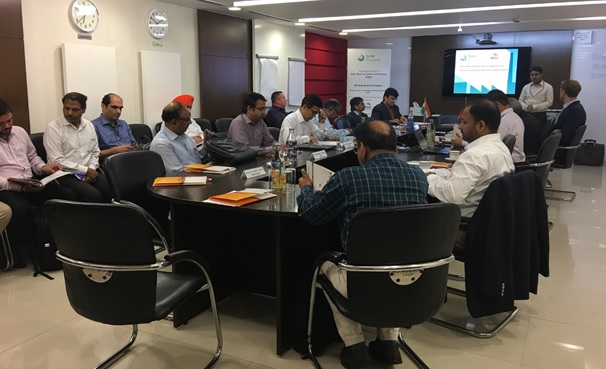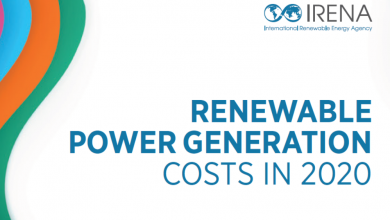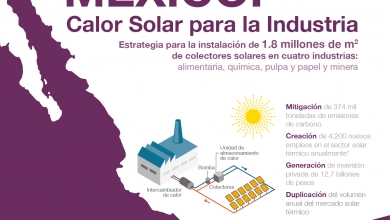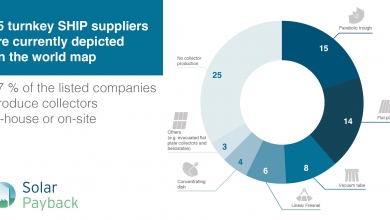SHIP workshop in India: “System stability before SHIP obligation”

Viability, justifying performance, lack of awareness, area constraint, mandating use and extensive publicity of success case studies were some of topics intensively discussed during the Policy Workshop on SHIP in India held in New Delhi on 27th September 2018 as a part of the Solar Payback project. The workshop was jointly organised by the Solar Thermal Federation of India (STFI) and by the Indo-German Chamber of Commerce.
The workshop saw a high interest of representatives from administration as well as from industry. Officials from the Indian Ministry of New and Renewable Energy (MNRE) took part, and also from associated government agencies like the Bureau of Energy Efficiency, from the Petroleum Conservation Research Association, the Indian Renewable Energy Development Agency (IREDA) and from the United Nations Industrial Development Organization (UNIDO). Several manufacturers and developers of SHIP participated to show the affirmative approach to pursue SHIP.
Although India is in the forefront of showcasing versatility of SHIP applications, however, performance stability is still a concern. The participants emphasised that those realised projects that show successful performance must be widely spread to capture the attention of other potential clients. Lack of awareness amongst manufacturers and lack of knowledge by the certified energy auditors needs to be addressed on priority, is one of the key conclusions of the workshop. MNRE may therefore take up capacity building workshops and generate enough publicity through print and electronic media.
Another consensus was reached on the idea to focus on selected industrial sectors by mandating a solar heat quote. STFI has been calling for such an obligation on the use of solar process heat, but government agencies wanted system stability before any obligation is put in place. SHIP technology suppliers and manufacturers accepted that system performance is a grey area and assured to work on it to win the confidence of investors.
Anil Misra, National Project Manager of UNIDO, declared that financial barriers need to be tackled. There is lack of availability of working capital as banks perceive high risks with SHIP owing to longer payback periods and lack of technology performance.
The workshop ended with further policy recommendations to accelerate SHIP:
- Organising sector-specific events, in which the advantages of the technology and its potential are clearly communicated
- Actively advertising benefits of SHIP viability to target industries
- Decreasing risks for investors by Energy Service Company (ESCO) models
- Implementing a performance guarantee, which must be longer than the payback time
- First “push” can be given by subsidies, but ultimately installing and operating a SHIP system must make economic sense
- Main target for the next six months should be to identify 50 projects where SHIP can be installed and showcase its viability
- Field visits of Indian SHIP technology suppliers at successful installations in other countries to facilitate stable technology development



